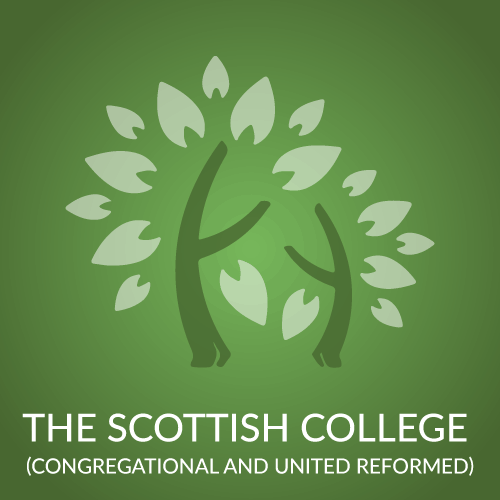A Contextual Formation
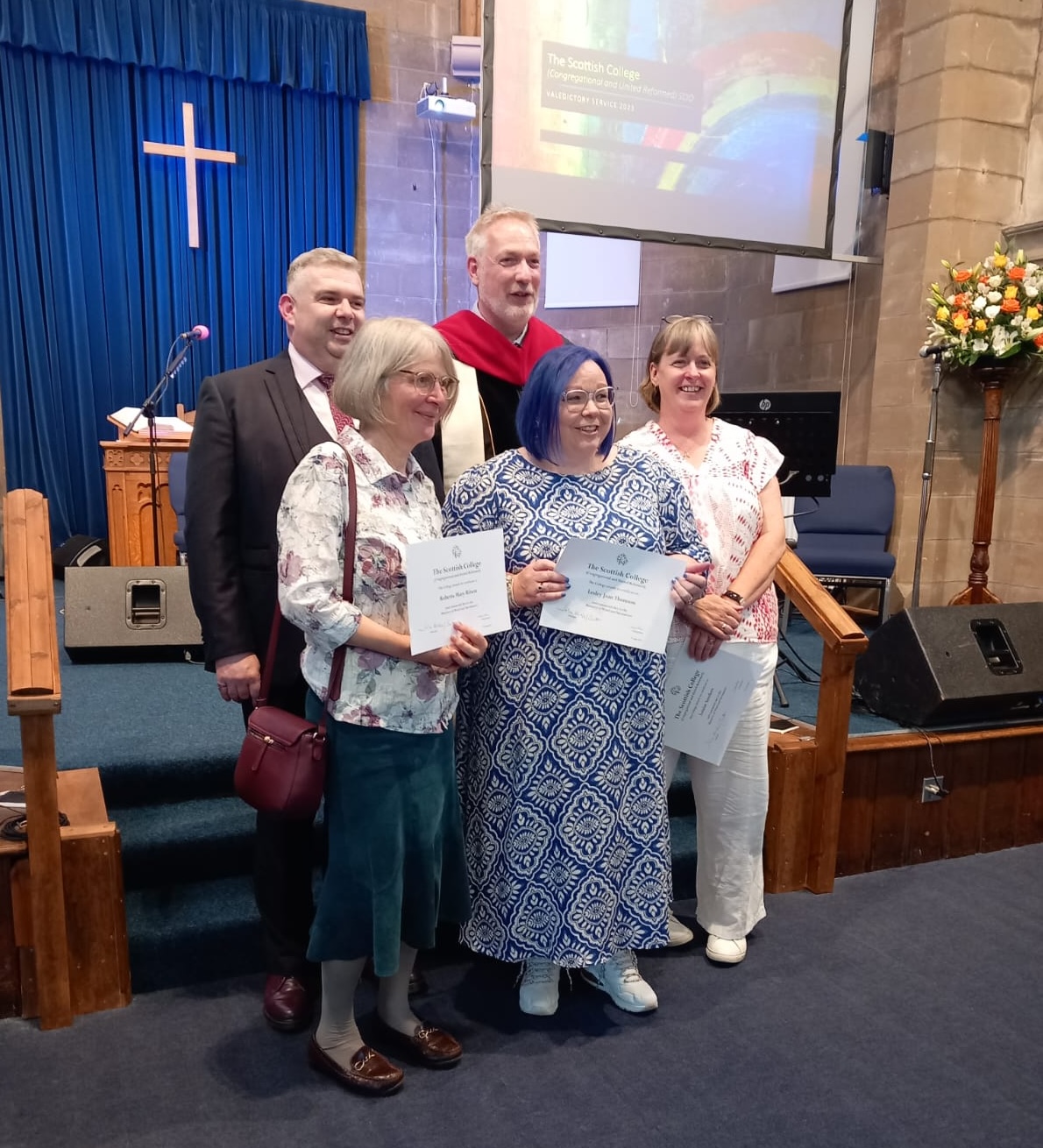 The Scottish College welcomes students from all over the United Reformed Church due to our commitment to serve the whole church. The good transport connections we have with the College office in Glasgow means we are easily accessible. In recent years we have trained students from the National Synod of Wales, Wessex, Eastern, Northern and North Western Synods as well as the National Synod of Scotland. We follow a pattern of preparing ministers ‘in the world, for service to the world’. If you study at the Scottish College your training will consist of three aspects: the academic requirements the URC sets, the formation process, and placements in local churches where you refine the practice of ministry.
The Scottish College welcomes students from all over the United Reformed Church due to our commitment to serve the whole church. The good transport connections we have with the College office in Glasgow means we are easily accessible. In recent years we have trained students from the National Synod of Wales, Wessex, Eastern, Northern and North Western Synods as well as the National Synod of Scotland. We follow a pattern of preparing ministers ‘in the world, for service to the world’. If you study at the Scottish College your training will consist of three aspects: the academic requirements the URC sets, the formation process, and placements in local churches where you refine the practice of ministry.
Academics
Scottish College Students study with a range of academic partners. For those resident, or who become resident, in Scotland training through Glasgow or Edinburgh universities is possible. Some of our students, whether resident in Scotland or not, study with the University of Aberdeen on an online basis alongside many students for ministry within the Church of Scotland or with the Scottish Episcopal Institute which trains students for ministry in the Scottish Episcopal Church (the Anglican Church in Scotland). Students domiciled outwith Scotland may study theology on a course nearer to them and travel to Scotland for formational activities. This means that our students study for theological qualifications alongside students from other denominations, and often with ‘ordinary’ graduate and undergraduate students heading for a multiplicity of careers. Scottish College students bring their calling to ministry to be rooted and matured in the academic marketplace of ideas.
Formation
Our student cohort meets weekly via Zoom for support, tuition and fellowship. We nurture collegial relationships with are designed to sustain students in ministry. We also meet for two or three days each month either in Glasgow meeting at the College Office or in residential accommodation in a variety of settings. These times together allow us to focus on both formation and practical aspects of ministry. We might muse on how congregations work, on improving preaching and worship leading skills, explore deeply a particular theologian, ponder funerals, examine how small groups function, or even attend to various useful aspects of the URC Manual. Courses draw on history, literature, the social sciences and a range of other disciplines and experiences. We integrate traditional perspectives with more radical outlooks. We attend to the practical and the theoretical in supportive, wide ranging ways learning from each other and recognising that both tutors and students have a rich range of experiences which are mutually enriching. Our approach is ‘with the whole Church, to serve the Church’: almost all elements of our formational programme are also made available to members, elders and local church leaders. Ministerial formation is integrated with the education of the whole people of God – learning together with and from one another. Partnership, mutual learning and flexibility are characteristic of our programmes. Courses draw on history, literature, social sciences and a range of other disciplines and experiences. We integrate traditional perspectives with more radical outlooks.
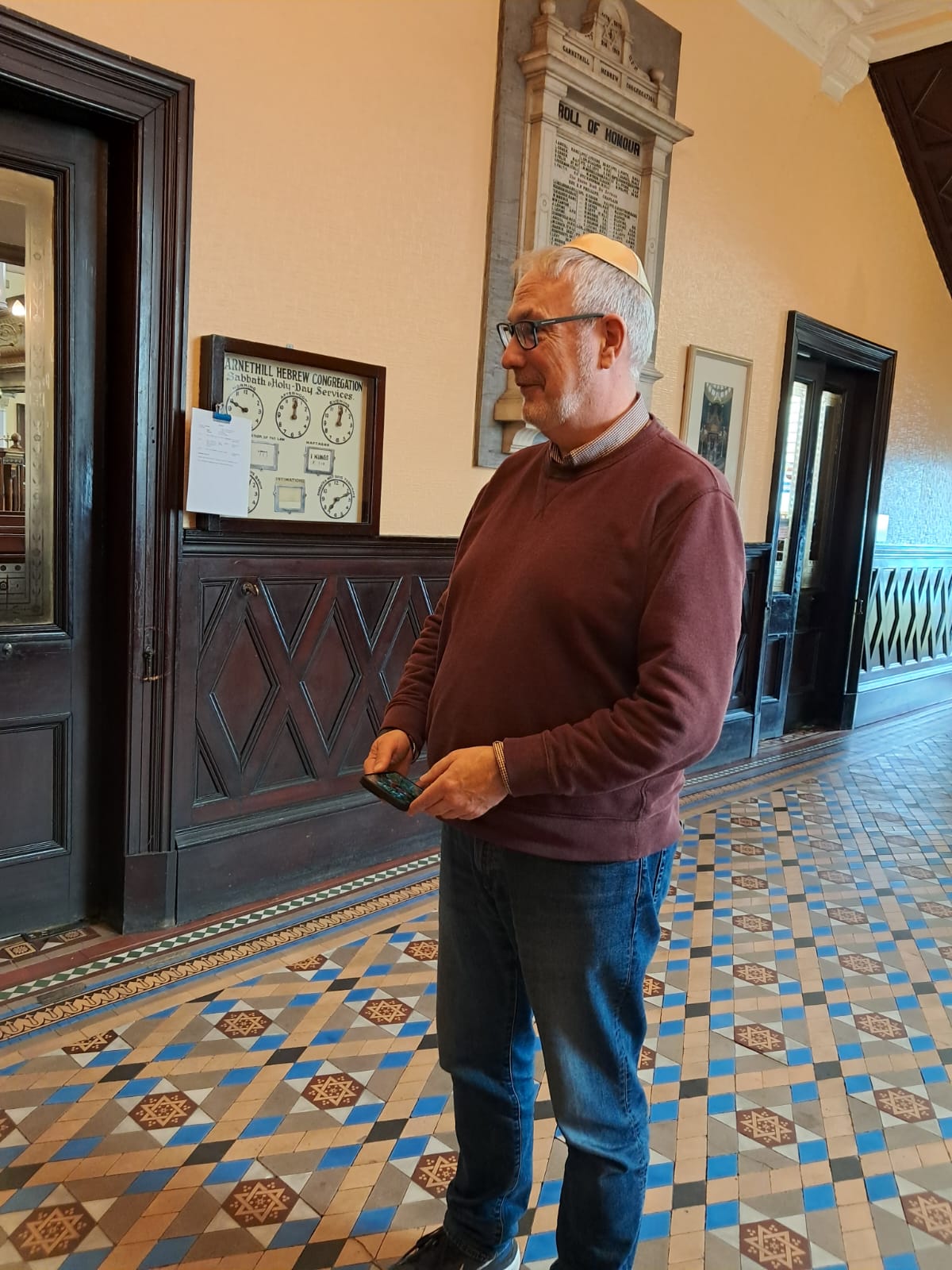 We try to ensure that at last once in a student's time with the Scottish College to have a study trip abroad. In recent years these trips have included visiting the Waldensian Church in Italy; Dublin looking at how the Protestant Churches there work in a secular/Catholic milieu; Copenhagen looking at how the Danish Church has found innovative ways to reach out to a generally secular society and to Orkney (not abroad but overseas) to see the context of our most northerly congregation. As in other Colleges, students are able to access funds to visit further afield for longer study trips; in recent years 6 week trips to Taiwan and India have been arranged for students interested in exploring a richer context.
We try to ensure that at last once in a student's time with the Scottish College to have a study trip abroad. In recent years these trips have included visiting the Waldensian Church in Italy; Dublin looking at how the Protestant Churches there work in a secular/Catholic milieu; Copenhagen looking at how the Danish Church has found innovative ways to reach out to a generally secular society and to Orkney (not abroad but overseas) to see the context of our most northerly congregation. As in other Colleges, students are able to access funds to visit further afield for longer study trips; in recent years 6 week trips to Taiwan and India have been arranged for students interested in exploring a richer context.
Placements
Students undertake placements close to where they live; for students not resident in Scotland we work with the student's Synod to explore useful places for them to learn. The College, with students and placement supervisors, sets realistic learning objectives so that, over the EM1 period students gain in confidence putting into practice what they've learned at University and in Formation. Feedback is offered by both College and placement supervisors so that the practice of ministry is enhanced. Placements can be in para church contexts eg Hospital or Prison Chaplaincies, in a single congregation or in a group of congregations served by one or more ministers. Gradually students are expected to take on the amount of work on placement suitable for the type of ministry they are training for.
Partnership and Flexibility
The College enjoys a close relationship with the National Synod of Scotland, which roots our work in a stimulating local context. Our community, however, comes from all over the United Reformed Church and beyond. Ecclesiastical partnership with the Scottish Synod is complemented by a close relationship with our educational partners. College staff contribute to teaching at the University of Glasgow and the Scottish Episcopal Institute in Edinburgh. We have similarly worked with other universities (as far distant as Cardiff). The aim in every case is to put together an appropriate and stimulating programme of academic and ecclesiastical formation for each of our students. At Glasgow, we also work closely with the Church of Scotland’s Trinity College and deliver a number of modules and learning opportunities together. Our Principal works full time for the College, our tutors give of their time alongside their ministry or work commitments. This means we have a rich range of interests in our team. (Link here to team page) The team's ministry interests include local church work, chaplaincy in Higher Education and the Police, specialised ministry with LGBT people, city centre, ecumenical, and rural ministry as well as digital ministry given the URC's Minister for Digital Worship is also a tutor here. Academically the team has qualifications in Theology, Highland History, Law, Old Testament, other modern languages, Homiletics, Community Education, Contextual Theology, Education, Island Studies, the Scottish Reformation, Reformed theology's influence on early modern culture, and Nordic Theology.
Living Arrangements
If it is practical for you, you may choose to move to Scotland for EM1. If so, the College can support you in finding accommodation and making necessary arrangements. Of course, you don’t have to live in Scotland to study with the Scottish College. We have experience in making things work well for those who cannot move.
Our Partners
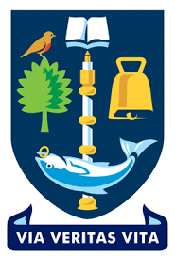 |
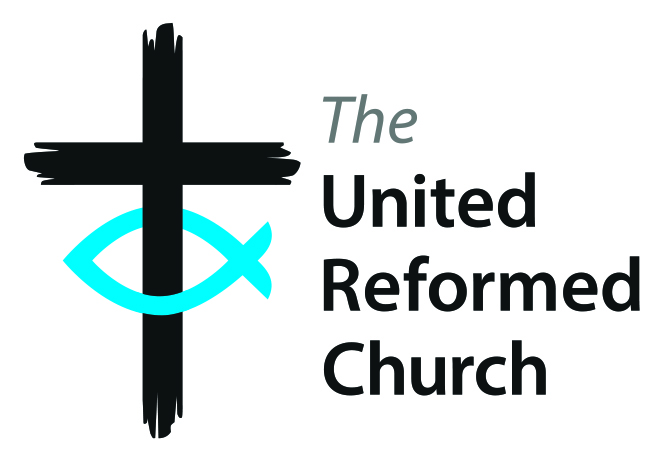 |
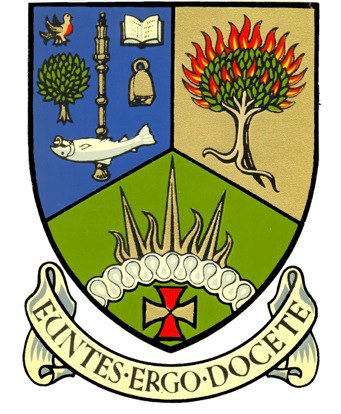 |
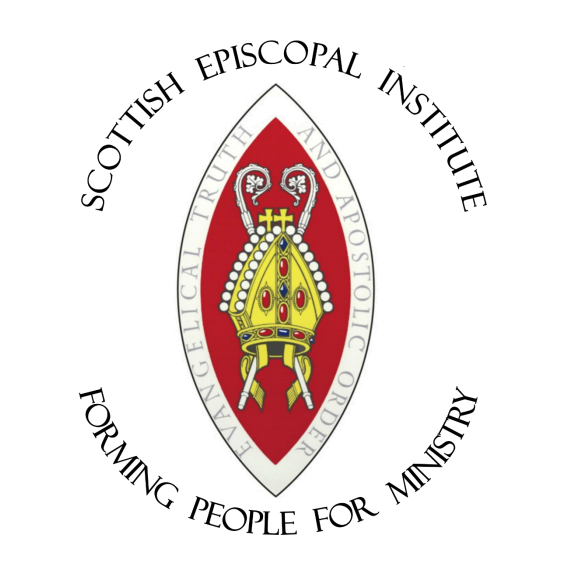 |
| University of Glasgow (Theology and Religious Studies) |
URC National Synod of Scotland | Trinity College, Glasgow (Church of Scotland) |
Scottish Episcopal Institute |
